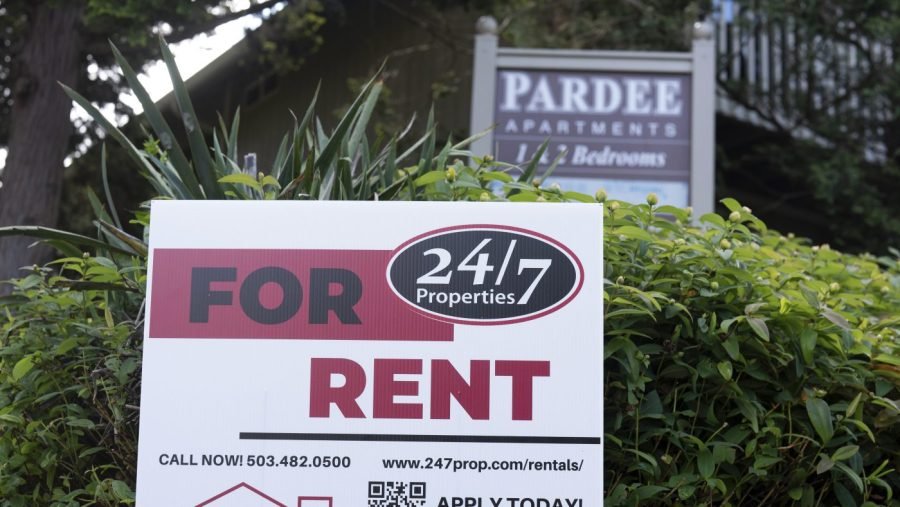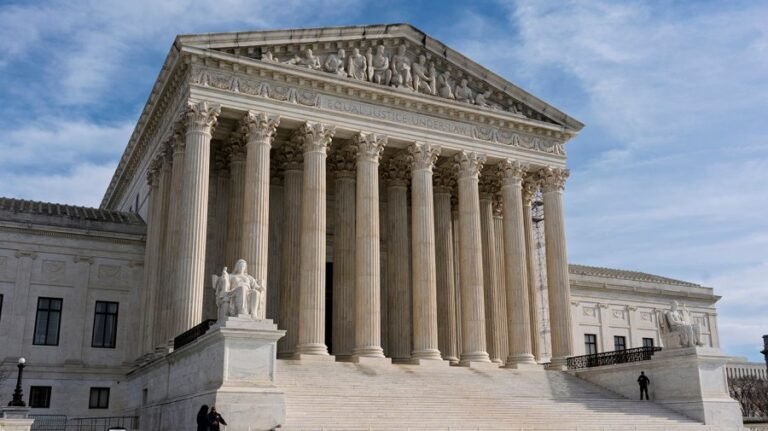
The U.S. housing market is showing signs of a deep freeze — one rivaling the polar vortex hitting this week.
According to Redfin, just 2.5 percent of homes in the United States changed hands between January and August of this year, roughly 25 out of every 1,000. That’s the lowest level of home turnover in at least 30 years. During the pandemic boom in 2021, that number was closer to 40 per 1,000.
The slowdown is weighing heavily on first-time buyers already stretched thin by the rising cost of living. With elevated grocery prices, 30-year fixed mortgage rates hovering near 6 percent and a median home price above $400,000, many Americans are being priced out of homeownership altogether.
Existing-home sales fell to about 4.06 million units nationwide in 2024, the lowest annual total since 1995, The Associated Press recently reported. Yet prices continued to rise — the national median reached roughly $407,500, up nearly 5 percent from the year before.
Corporate ownership and the ‘renter nation‘
Atlanta-based real estate professional Glennda Baker, who has spent more than three decades in the industry and built a following of hundreds of thousands across social media, says a shift toward renting over owning has reached an alarming level.
On the “Raising America” podcast, Baker warned that institutional investors are reshaping the American dream.
“At least 27 percent of the Atlanta market is owned by corporations that are renting back the American dream to young people,” Baker said. “They’re telling you that you want to be a renter — that you don’t want to deal with maintenance or ownership. But as a renter, you are at the mercy of that landlord. They can raise the rent or refuse to renew your lease. You’re on a hamster wheel.”
Nationally, corporate landlords own roughly 3 percent of all single-family rentals, according to Governing.com, but in metropolitan areas such as Atlanta, Charlotte and Phoenix, their footprint is far larger. Those concentrations have fueled rent inflation and squeezed supply for traditional homebuyers.
Baker says what frightens her most is whether younger generations will ever be able to step off that wheel — to build generational wealth through homeownership.
Why homeowners aren’t selling
Even longtime homeowners with substantial equity are staying put, Baker said. This group is deterred by capital gains taxes and the prospect of taking on a new mortgage at a much higher rate.
In the United States, the federal capital gains tax on home-sale profits depends on how long the property has been owned and the seller’s income. While homeowners can exclude up to $250,000 in gains (or $500,000 for married couples) on the sale of a primary residence, profits above those limits can be taxed at up to 20 percent federally, plus applicable state taxes.
“You look at the boomers — $46 trillion in equity just sitting,” Baker said. “They own their homes outright or have mortgage rates under 4 percent. The reason they’re not selling is because the house they bought for $400,000 30 years ago is now worth $2.5 million. What’s the capital gain on that? They paid their taxes, they paid their mortgage — they’ve done everything right.”
This “lock-in effect” has become one of the most powerful forces behind America’s inventory shortage. Many older homeowners would consider downsizing but hesitate because selling could trigger a six-figure capital gains bill. For instance, a homeowner who bought in the 1980s or 1990s — before decades of appreciation — may owe tens or hundreds of thousands in taxes if their profits exceed federal exclusion limits.
That financial deterrent, combined with the reluctance to swap a sub-4 percent mortgage for a 6 percent or 7 percent rate, keeps millions of homes off the market. Economists estimate the effect has removed as many as 1.5 million potential listings from circulation in recent years.
A shrinking path to ownership
That generational divide — older owners holding high-value properties and younger buyers shut out of the market — is deepening the shift toward renting.
“That’s what scares the hell out of me,” Baker said. “That’s why I’m trying to buy enough real estate so that my kids aren’t at the mercy of someone else.”
Economists warn that the longer this imbalance persists, the more entrenched it becomes. A growing share of Americans — especially millennials and Gen Z — may spend their adult lives as renters, eroding the traditional wealth-building model based on home equity.
Analysts say the housing market’s state of freeze is unlikely to thaw quickly. The Federal Reserve is being cautious when it comes to cutting interest rates, coupled with inflation in building materials and insurance costs, has kept affordability near record lows.
Whether the U.S. becomes a “nation of renters” depends on whether policymakers can unlock supply — through zoning reform, tax incentives for sellers, or limits on bulk investor purchases. For now, the trend is clear: fewer people are buying, more are renting, and the promise of the American dream increasingly comes with a lease.
Baker’s full interview can be viewed on YouTube.


